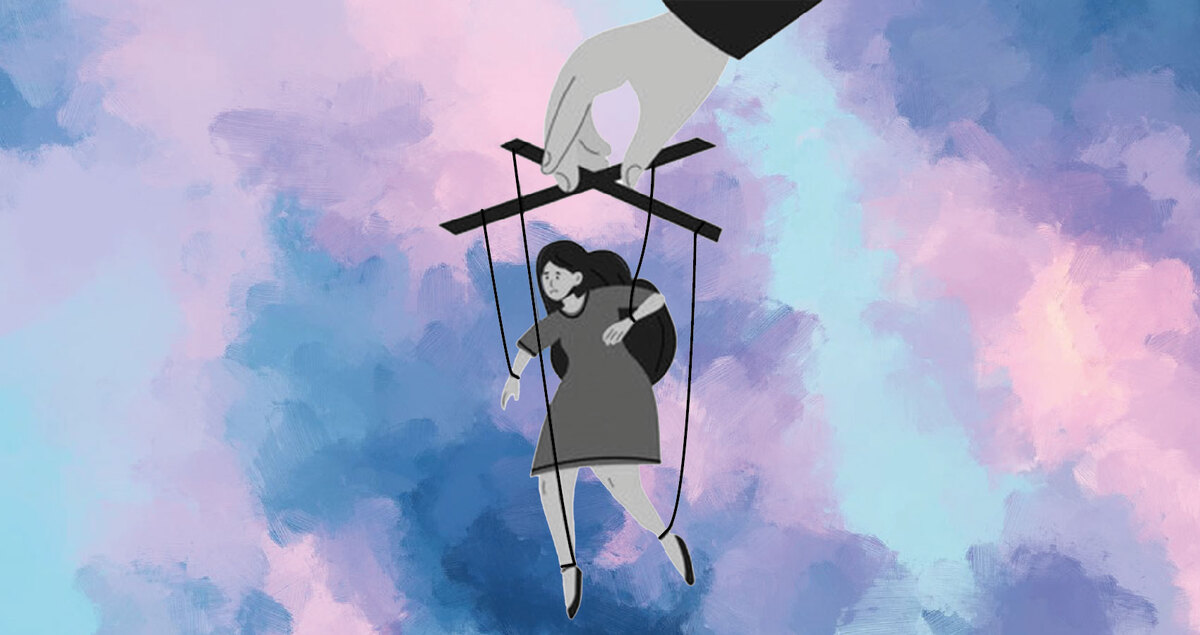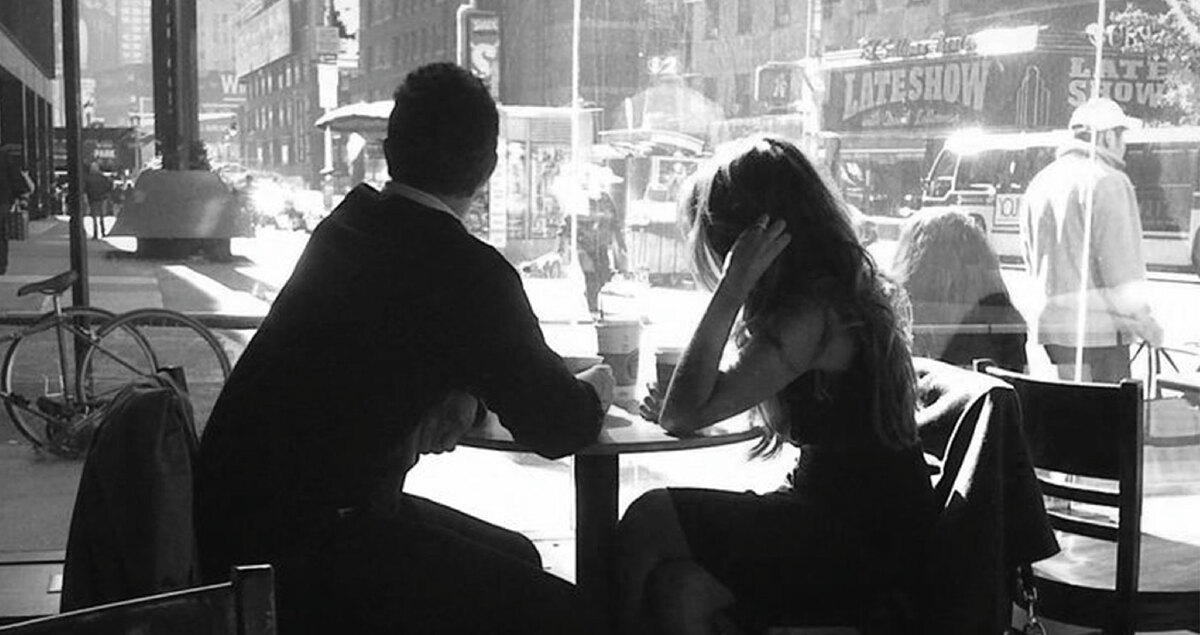
Signs That You Need To Lose That Guy In 10 Days
Forget ‘how to’, here’s why you need to.
We grow up believing love should be a fairy tale—everlasting, unconditional, and transformative. But reality rarely meets these ideals. But reality rarely aligns with these ideals. We develop lofty expectations for relationships, and when they fall short, we find ourselves disillusioned, not just with love, but with our own sense of fulfillment. This is often why we cling to relationships that no longer serve us. We overlook red flags, rationalize mistreatment, and convince ourselves that love is meant to be difficult. But love shouldn’t deplete you; it should enrich you.
If what you’re holding onto feels more like a weight than a gift, it may be time to let go. Here are the signs that you need to lose that guy in ten days.
1. Manipulation is often talked about, but is it recognized enough?

Social media comes with its pros and cons, but one of its greatest benefits is how it has exposed the manipulation tactics we might encounter in our relationships. Manipulation isn’t always malicious or reserved for ‘bad’ people. Many engage in it, knowingly or not. The challenge is that manipulation isn’t always obvious. It’s not just deception or outright lies; it can be subtle, disguised as concern, affection, or even love. While social media has helped raise awareness, recognition is still a struggle.
Many of us fail to identify manipulation when it’s happening to us, especially in romantic relationships. We assume our partner’s actions come from a place of care, not control. But the real question is—are they truly looking out for us, or are they shaping the relationship to serve their own needs?
Self-reflection can be unexpectedly useful in these situations. When you suspect that manipulation is at play, taking a step back and examining the situation can help you better understand what’s happening. Reflecting on the reasons behind your partner’s behavior can reveal the insight you need. Is their manipulation stemming from insecurity, or do you see it as an established part of their personality or lifestyle?
During this self-reflection, it’s important to ask yourself some key questions: Why am I reacting this way? Is it because of something unresolved within me, or is this behavior crossing a line into something unhealthy? Understanding the root of your response can offer clarity, allowing you to discern whether it’s an issue that needs addressing or a sign that something deeper, like manipulation, is happening.
2. Sometimes both words and actions speak loud enough for you to ignore the whisper of your intuition, which usually ends badly

“Actions speak louder than words”. Well, that’s not always the case. Sometimes, both words and actions are loud enough to drown out the whispers of our intuition, convincing us that everything is fine, even when deep down, something doesn’t feel quite right. Intuition is a powerful tool—one we often ignore at our own expense. If something feels off—if your intuition tells you their behavior doesn’t align with your values—chances are, something is indeed wrong.
It may not always be an indication of something suspicious at play, but it often means that the relationship isn’t working in a way that it should. Trusting your gut can help you see what’s hidden beneath the surface, giving you the clarity you need to move forward.
If you’re naturally intuitive, then you’re lucky. But even if you’re not, there’s always room for growth and practice. Start by taking time for yourself, clearing your mind, and creating space to listen to that quiet inner voice. The more you tune in, the clearer things will become. When you can truly hear your intuition, you’ll be able to spot what’s off in your relationship more quickly—before it becomes a deeper issue. Trusting yourself and giving yourself that mental clarity can reveal what’s out of place.
3. Ask yourself the hardest questions, even when you’re scared of the answers

Facing the truth isn’t always easy, especially when it involves the difficult reality of a relationship that may not be serving you well. In these moments, it’s important to ask yourself the hard questions, even if you’re scared of the answers.
One effective way to do this is to put yourself in the shoes of a friend. Imagine your best friend is in your position—what advice would you give them? If, at the end of the day, you realize it’s best for your friend to walk away from the relationship, that’s a powerful signal. But rather than jumping to that conclusion, take a step back and focus on how you can improve from that point. Create a plan, step by step.
It is not the healthiest approach to skip ahead to the ending, especially when emotions and complexities are involved. Often, the key isn’t just finding an immediate solution, but making a clear, thoughtful plan for your next move.
4. It is valid to let them go if they’re standing between you and the best version of yourself

Sometimes, people simply grow apart. Relationships end, and people move on, but the key moment when you realize this is happening is when you start to feel like you’re tiptoeing through life, holding back, when just want to run instead.
If you find yourself shrinking in places where you should feel expansive and free, it may be a sign that the relationship isn’t allowing you to grow into your best self. A healthy relationship should never make you feel like you need to make yourself smaller or limit your potential to fit into someone else’s expectations.
It’s important to remember that growth doesn’t always happen at the same pace between partners. Sometimes, even if you love someone deeply, you may need to let them go because staying in the relationship is standing between you and the person you’re meant to become.
5. Right person, wrong time?

We try to justify the actions of our loved ones by attributing them to external circumstances, like meeting the right person at the “wrong” time. But the truth is, there is no such thing as the wrong time. People come into our lives exactly when they’re meant to, and we learn exactly what we need to learn from them. Whether it’s love, heartache, or lessons in between, everything happens at the perfect moment for our personal growth. There is no “right” person if the timing doesn’t align—it’s about accepting that each relationship, regardless of its outcome, serves a purpose at that point in your life.
When you begin to accept that there is the “right person, right time, and right outcome,” you also start to understand that not everything is meant to last forever. This realization allows you to experience relationships more fully, on a deeper emotional level.
Life is inherently about beginnings and endings, and the key is embracing both. Each chapter, no matter how it concludes, offers valuable lessons and experiences that shape who you are.











